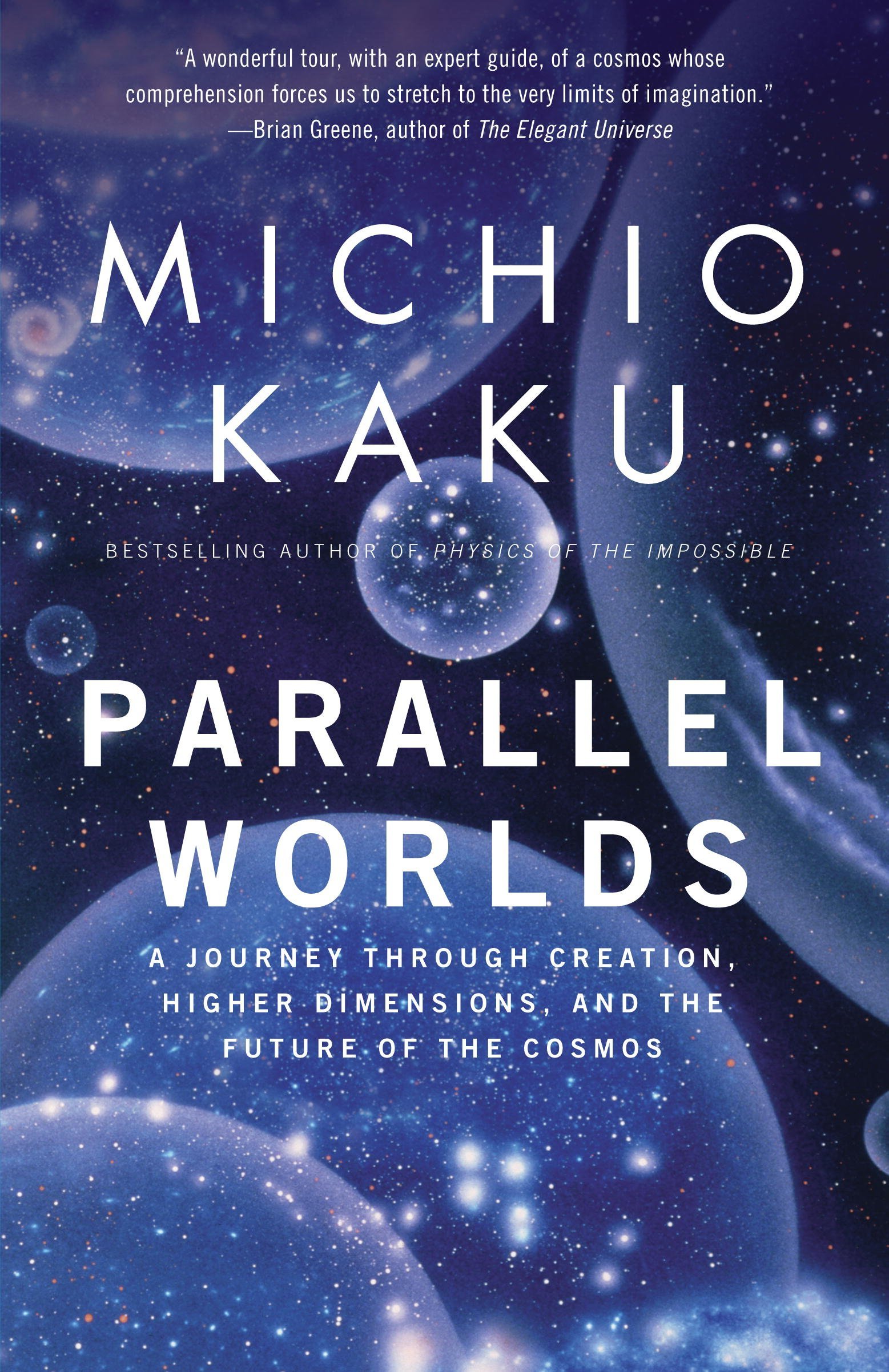
The Future of the Mind: The Scientific Quest to Understand, Enhance, and Empower the Mind
Book Description
What if the key to unlocking the full potential of the human mind lies just beyond the horizon of science? In 'The Future of the Mind,' Michio Kaku embarks on a thrilling journey through the frontiers of neuroscience, exploring groundbreaking technologies that promise to enhance memory, expand consciousness, and even allow for direct communication between minds. With revelations that blur the line between thought and reality, Kaku illustrates the astonishing possibilities of a future where the mind can be a canvas and a weapon. Are we ready to step into a world where our thoughts can change the very fabric of existence?
Quick Book Summary
In 'The Future of the Mind,' physicist Michio Kaku explores the cutting-edge science of the brain and human consciousness. Blending physics, neuroscience, and futuristic speculation, Kaku illustrates the ongoing quest to decipher the mysteries of the mind. He discusses advances that allow scientists to map thoughts, manipulate memories, and even interact with brainwaves. Kaku envisions a future where technologies enhance mental abilities, enable telepathy-like communication, and offer profound insights into consciousness. The book considers the ethical, philosophical, and practical implications of these innovations, from uploading memories to artificial intelligence. Through accessible storytelling, Kaku challenges readers to imagine a world transformed by a deeper understanding—and augmentation—of the human mind.
Summary of Key Ideas
Table of Contents
Mapping and Understanding Human Consciousness
Michio Kaku's exploration into the future of neuroscience begins with the remarkable progress in brain mapping and decoding consciousness. He explains how technologies like MRI and PET scans are providing unprecedented windows into the human mind, enabling researchers to visualize thoughts and emotions as neural activity. The book discusses emerging methods for identifying the neural correlates of consciousness and how these breakthroughs are challenging age-old philosophical debates about the nature of subjective experience.
Technological Enhancements of Mental Abilities
Kaku navigates the fascinating territory of enhancing the mind’s capabilities through technology. He delves into brain-computer interfaces (BCIs) that allow direct interaction between the mind and external devices, the potential to implant or erase memories, and the pharmacological and genetic methods for boosting memory, intelligence, and emotional well-being. Exciting ethical questions arise regarding who benefits from these enhancements, and how they might change what it means to be human.
Mind-to-Mind Communication and Telepathy
One of the book’s most thrilling prospects is direct mind-to-mind communication. Kaku examines real-world experiments where thoughts are transmitted between individuals using machines that translate brainwaves into digital signals, hinting at future telepathy. The narrative expands to consider possibilities like shared experiences or collective consciousness, weaving together imaginative scenarios with the latest developments in neuroscientific research.
Philosophical and Ethical Implications of Neurotechnology
The book also grapples deeply with the philosophical and ethical dilemmas spawned by mind-related technologies. Issues of privacy, identity, and free will come to the forefront as Kaku contemplates a world where thoughts could potentially be recorded or even hacked. The narrative raises urgent questions about personal autonomy, the potential misuse of neurotechnology (as a weapon or tool for surveillance), and the challenge of ensuring equitable access to cognitive enhancements.
The Future Fusion of Artificial Intelligence and Human Minds
Finally, Kaku envisions the convergence of artificial intelligence and human consciousness. He ponders a future in which minds might be uploaded onto computers, blurring the lines between biological and artificial intelligence. The author explores the prospect of creating sentient machines and merging human thought with AI, suggesting new horizons for understanding reality, achieving immortality, and advancing society. Throughout, Kaku combines scientific expertise with philosophical reflection, painting a compelling picture of the human mind’s possible futures.
Download This Summary
Get a free PDF of this summary instantly — no email required.





